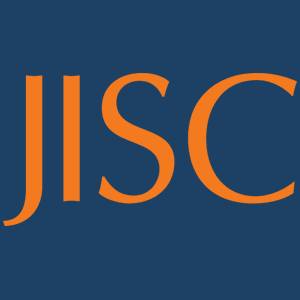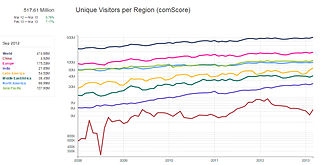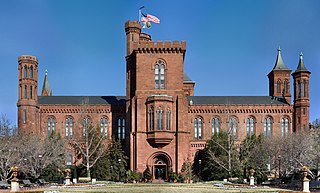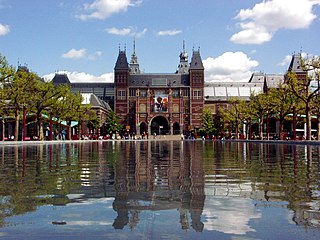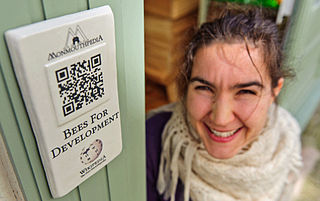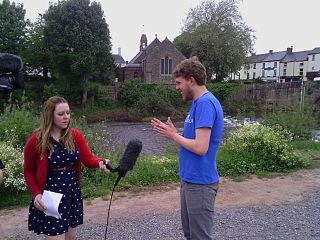This post was written by Daria Cybulska, Wikimedia UK Programme Manager
Jisc, working with Wikimedia UK, has today announced the joint recruitment (via a tender) of a Jisc Wikimedia Ambassador.
This is the first education-focused long term residency project that Wikimedia UK is embarking on. Both organisations share the goal of giving the widest possible access to the knowledge held or produced by UK institutions. The task of the Ambassador is to advance this shared goal and to help people engage with that knowledge. This could be done via training and co-ordination projects for the use of Wikimedia tools and techniques for educational purposes. The successful candidate will also undertake outreach work to encourage understanding and development of Wikimedia projects within the education sector.
Wikimedia UK’s cooperation with Jisc stems from the WWI editathon that the organisations ran together.
Chris Keating, Chair of Wikimedia UK, said: “I’m very pleased that we are working with Jisc on this project. Both the academic community and the volunteers who edit Wikipedia are in their own ways absolutely committed to the pursuit of knowledge. Bringing the two communities together can help demystify Wikipedia to people who work in higher education, while helping improve Wikipedia articles which form a lasting resource for students at all levels.”
Jisc noted: “With so many students and researchers increasingly using Wikipedia to, at the very least, inform further research, the need for improved accuracy is a pressing issue.”
The project will last for approximately nine months. It is jointly funded by Wikimedia UK and Jisc.
To learn more and apply for the role please visit this page on the Jisc website
To find out more about Wikipedians in Residence, on which the project is loosely based, please visit this page on the Outreach wiki. The deadline for tenders is 12pm UK time on Wednesday 22 May 2013.






